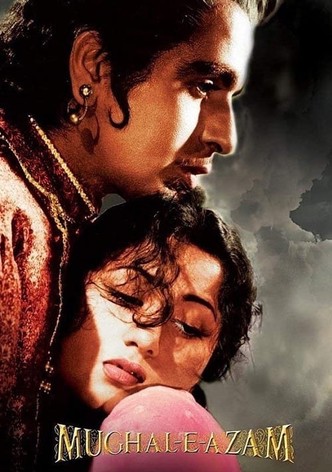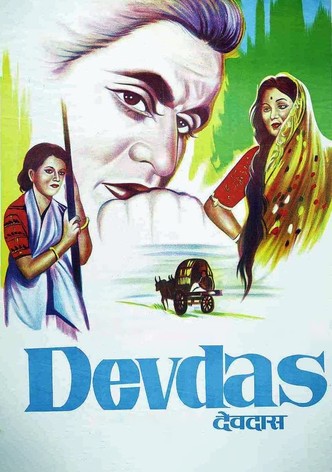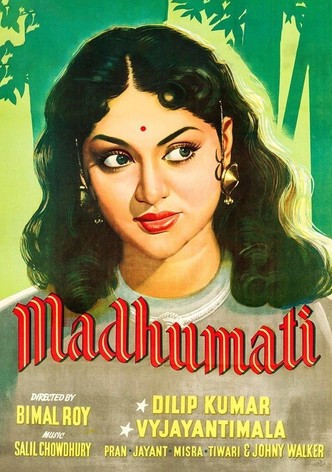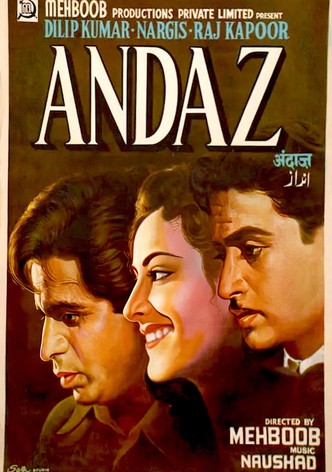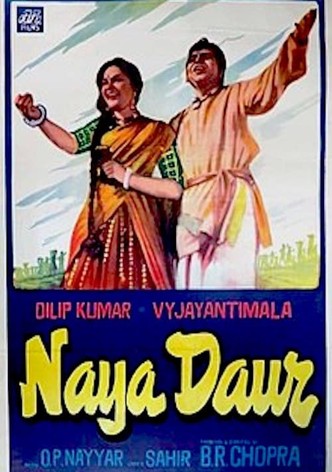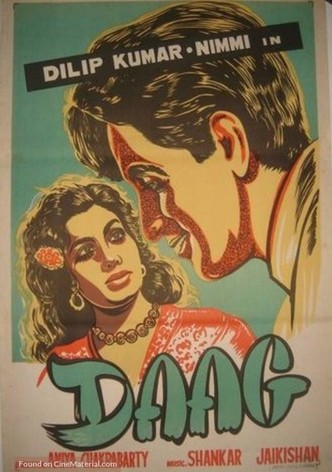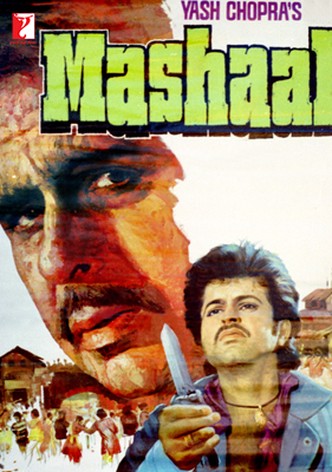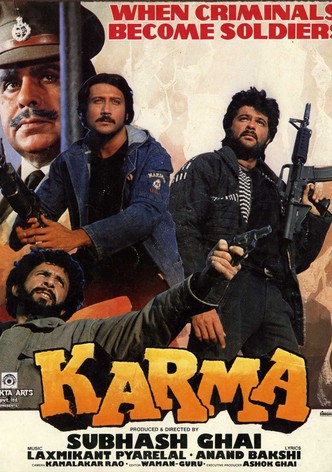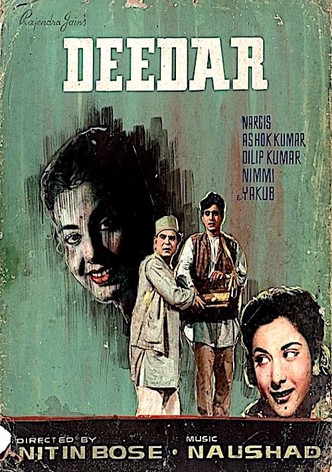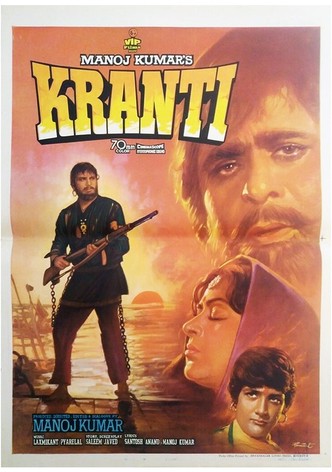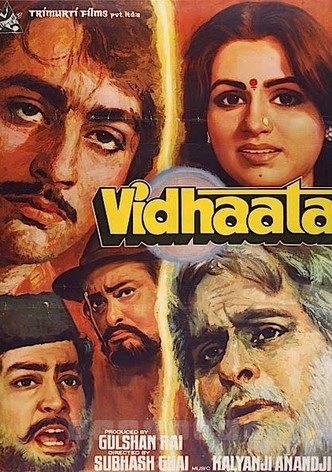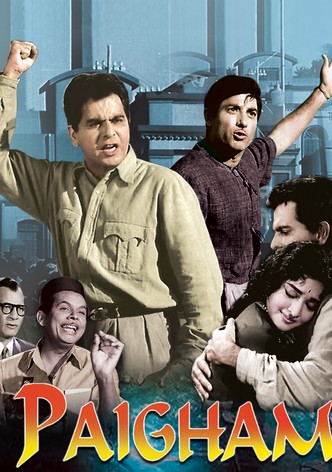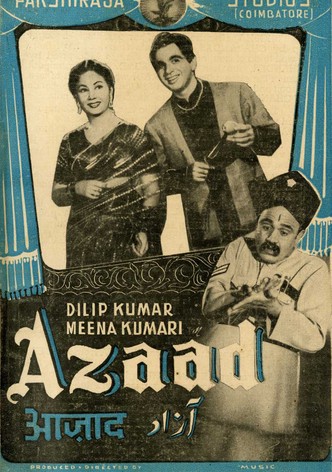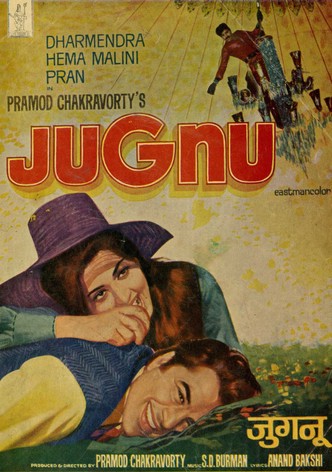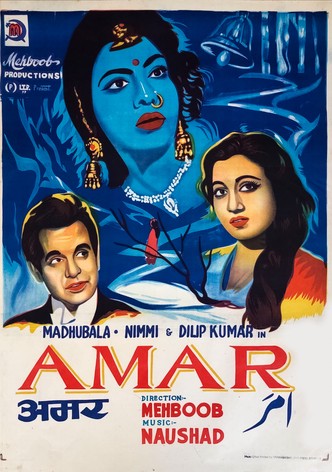Dilip Kumar, often celebrated as the Tragedy King of Indian cinema, stands as a colossus in the history of Bollywood. If you too miss the late acting legend, we’ve got an essential watchlist of Dilip Kumar’s best movies along with a handy guide on where to watch them.
Where can you stream Dilip Kumar’s best movies?
You can watch many of Dilip Kumar’s finest movies on Prime Video, Shemaroo, ZEE5, and Vi Movies & TV.
How Muhammad Khan became Dilip Kumar: The Tragedy King’s Career at a Glance
Born as Muhammad Yusuf Khan in 1922, in Peshawar (then India, now part of Pakistan), Dilip Kumar transcended borders and generations with his unparalleled acting prowess. His journey from humble beginnings to becoming one of the most revered actors in Indian cinema is nothing short of inspirational.
Dilip Kumar's acting style was marked by depth, intensity, and emotional resonance. He had the rare ability to portray a wide range of characters with authenticity and nuance. Whether it was the anguished lover in the romantic tragedy Devdas (1955) or the conflicted prince in the period epic Mughal-e-Azam (1960), Kumar's performances left an indelible mark on the audience's psyche. His mastery over expressions, body language, and dialogue delivery set new standards for acting in Indian cinema.
One of Dilip Kumar's most notable contributions to Indian cinema was his ability to bring realism to his characters. He eschewed melodrama for subtlety, preferring to delve deep into the psyche of his roles. This approach resonated with audiences and critics alike, earning him widespread acclaim and numerous awards, including several Filmfare Awards and the prestigious Padma Bhushan and Dadasaheb Phalke Awards.
Dilip Kumar's filmography is studded with gems that have stood the test of time. Mughal-e-Azam, directed by K. Asif, remains one of Indian cinema's crowning achievements. The epic tale of love and sacrifice, with Kumar portraying the iconic role of Prince Salim, captivated audiences and continues to be revered as a cinematic masterpiece.
Another milestone in Dilip Kumar's career is social drama Ganga Jamuna (1961), where he played the titular character, Ganga, a simple villager caught in the web of circumstances. The film showcased Kumar's versatility as he effortlessly portrayed the struggles and aspirations of a common man.
Dilip Kumar's collaboration with legendary filmmaker Bimal Roy resulted in cinematic marvels like Madhumati (1958) and Devdas. In Devdas, Kumar's portrayal of the tragic hero haunted by unrequited love remains etched in the annals of Indian cinema.
While his latter works in the 1970s and 1980s lacked the hard-hitting complexity of his earlier works, Kumar’s bravado and charisma as a leading man of many moods continued.
Kumar’s influence can be felt to this day with many seasoned actors like Amitabh Bachchan, Dharmendra, Kamal Haasan, Mammootty, Aamir Khan, Shah Rukh Khan, and Nawazuddin Siddiqui citing him as one of their acting inspirations. He continues to be revered in his birth country of Pakistan too with the Peshawar house in which he grew up being declared as a national heritage monument. He still retains the record of winning the most Filmfare Best Actors awards, a feat only equalled by Shah Rukh Khan.
Why is Mughal-e-Azam Dilip Kumar’s best movie?
K Asif’s Mughal-era epic Mughal-e-Azam is grandiose in all sense, from featuring lavish sets to staging elaborate song-and-dance numbers. But all the pomp and show aside, Mughal-e-Azam also survives as a Bollywood classic for its impactful performances, courtesy of an aged Prithviraj Kapoor playing the Mughal emperor Akbar and Kumar playing his rebellious son, the prince known as Jahangir. Thrown in the mix is an equally impressive Madhubala portraying the court dancer Anarkali, who creates a divide between father and son ever since Jahangir falls for her.











































































